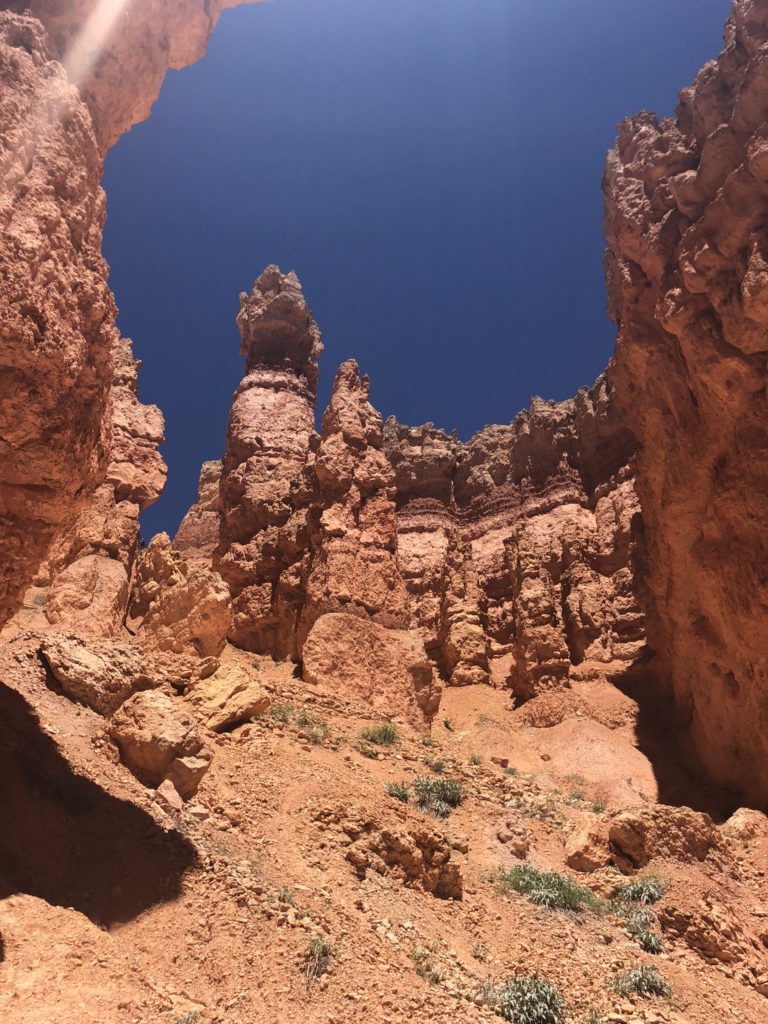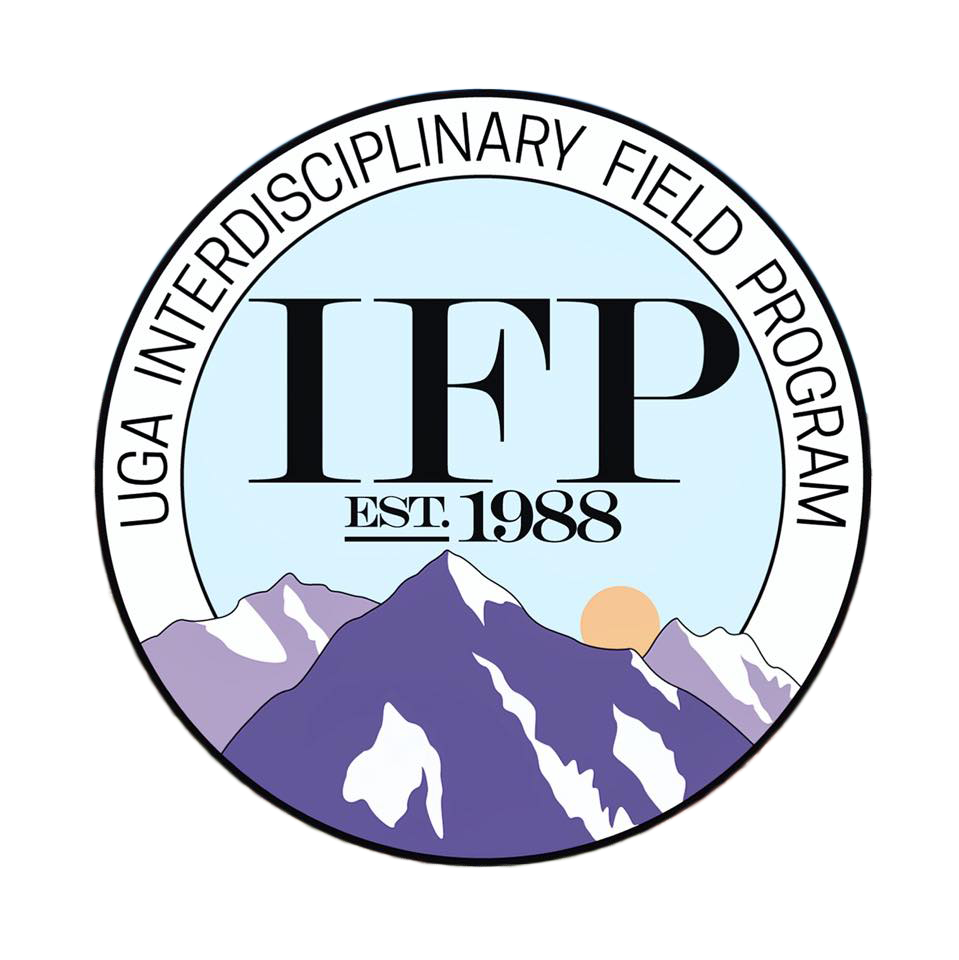Cours e Credits
The UGA IFP is open to students from all majors at any point in their academic careers. Students attending other colleges are encouraged to apply as well as high school seniors who will be entering a university in the fall semester. There are no pre-requisites, and we assume no prior knowledge of the subject matter other than normal high school coursework. You do not need to be in the Honors Program, however students signing up for our introductory level courses will receive Honors credit.
Regardless of exactly which exact courses you register for, all students will participate in all activities for all courses we teach. Students earning 4000 level credit will complete extra assignments during the program.
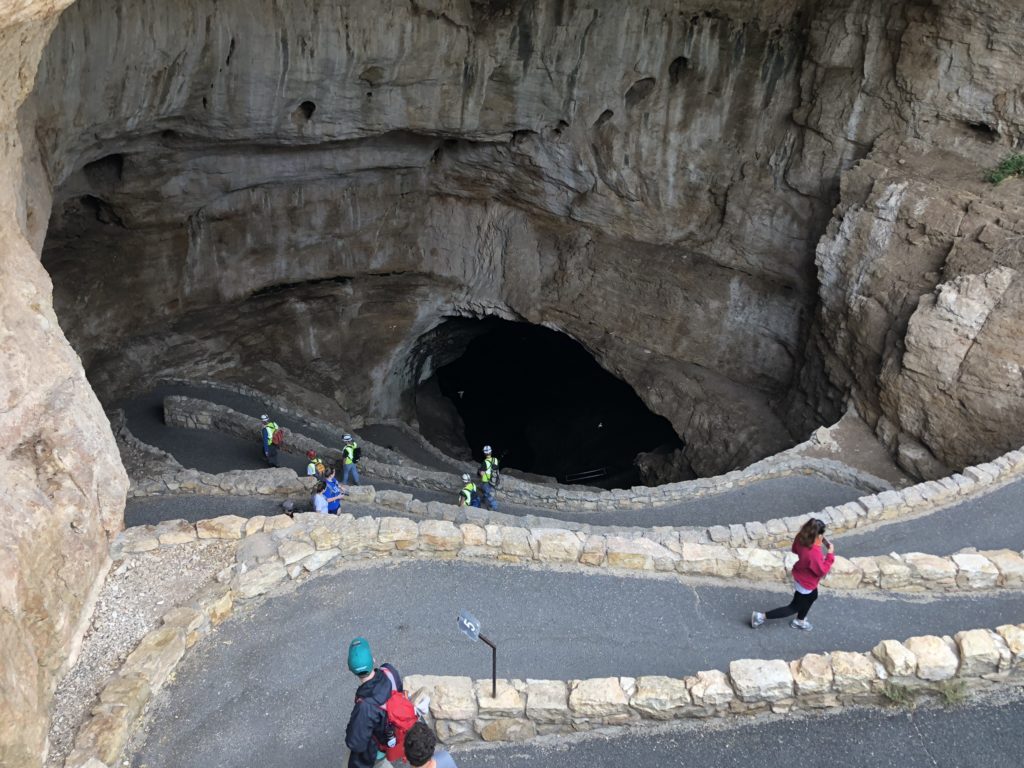
IFP students earn up to 15 credit hours in Anthropology, Ecology, and Geology. Registration for at least 3 hours in each discipline is required. Most students receive credit for the following courses:
- ANTH 2120H. 3 hours. Introduction to Anthropology (Honors)
- ECOL 1000H. 3 hours. Ecological Basis of Environmental Issues (Honors)
- ECOL 1000L. 1 hour. Ecological Basis of Environmental Issues Laboratory
- GEOL 2350H. 4 hours. Physical Geology (Honors)
- GEOL 2360H. 4 hours. Historical Geology (Honors)
IFP can serve as your required Experiential Learning experience. (Click here for more info on these university-wide degree requirements.)
Course Syllabi
You can view recent syllabi for each course we offer
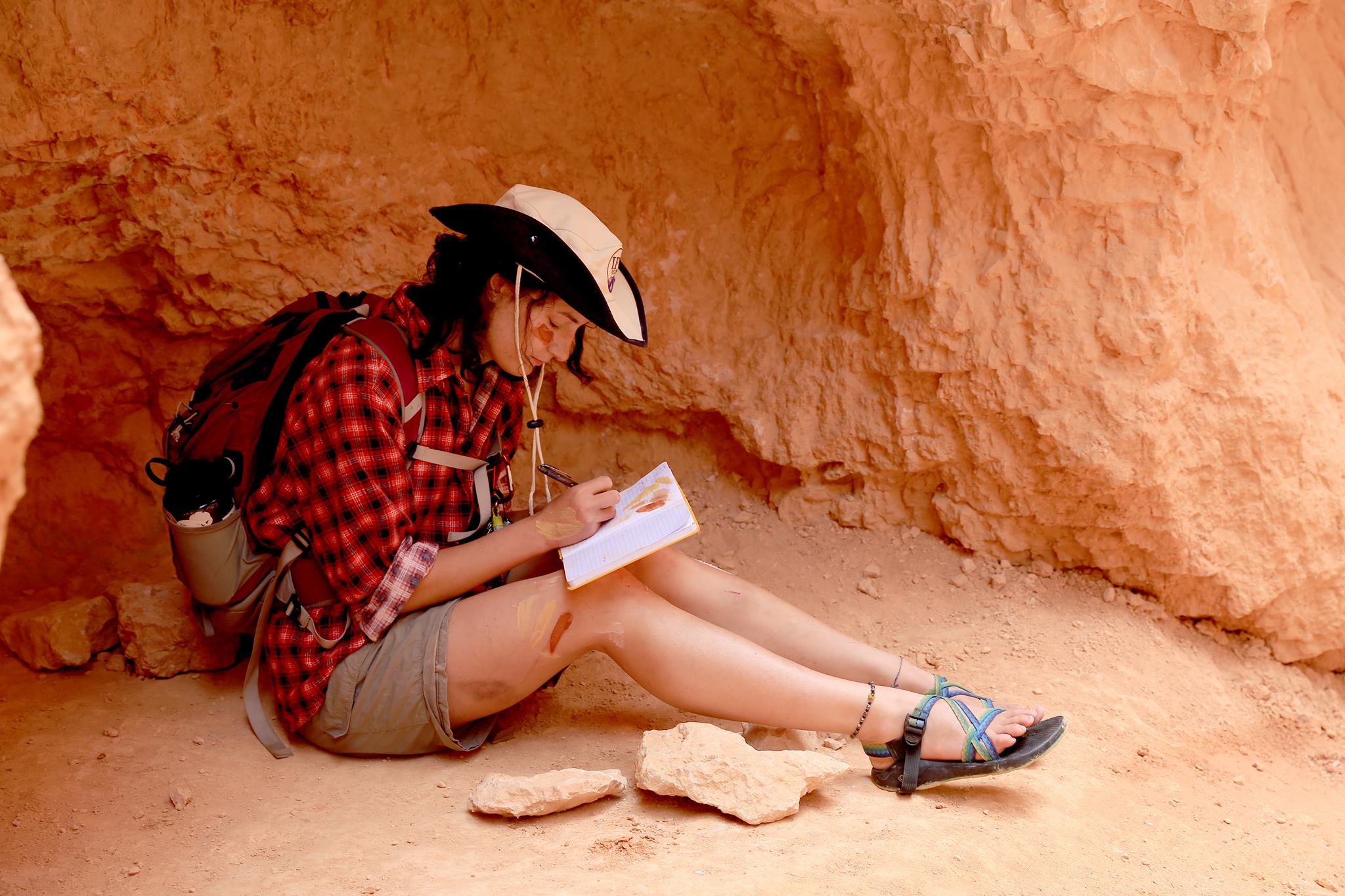
Geology
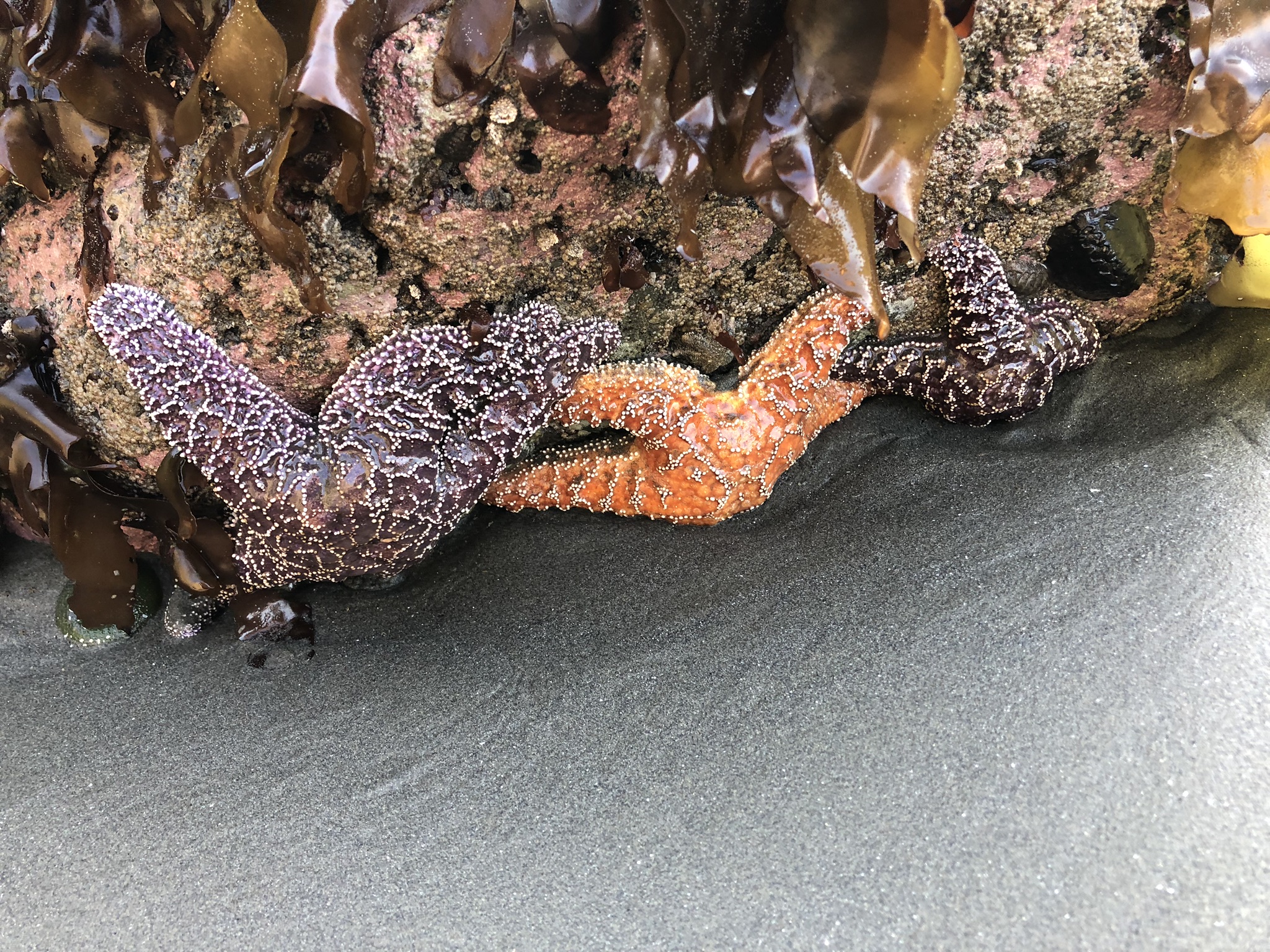
Ecology
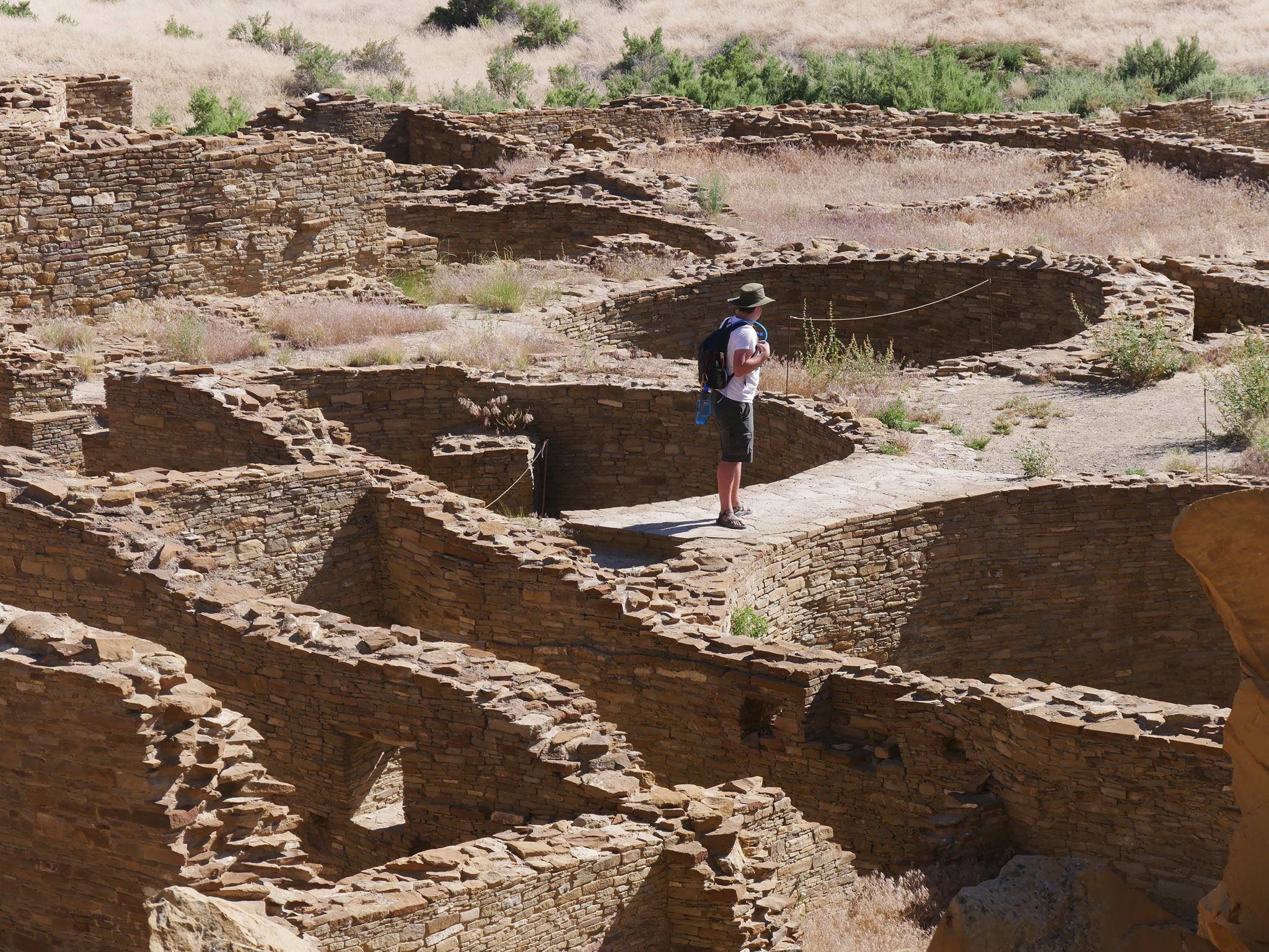
Anthropology
Course Content
To give you an idea of the academics we do during the summer, see our general course content outline below. Remember no two summers are exactly alike, so your experience may be different!
- Field Locations: Sapelo Island, Kolomoki Mounds, Providence Canyon, Poverty Point
- Anthropology: introduction to anthropology, hominid evolution, southeastern cultural chronology (Paleoindian to Mississippian)
- Ecology: introduction to ecology, ecosystem energetics and trophic levels, productivity, nutrient cycling, climate, aquatic and terrestrial environments
- Geology: introduction to earth systems (plate tectonics and rock-forming processes), mineral and rock identification, introduction to evolution and earth history, hydrologic cycle, coastal and surficial processes
- Field Locations: Bandelier NM, Chaco Canyon, Mesa Verde NP, Valles caldera
- Anthropology: introduction to archeology, introduction to cultural anthropology, southwestern cultural chronology (Paleoindian to Classic Puebloan), modern Native American cultures of the southwest (Puebloan and Navajo)
- Ecology: coupled human-natural ecosystems, dryland farming and irrigation, arid microclimates, succession (secondary)
- Geology: introduction to paleontology and fossil preservation, fossil fuel resources, volcanism and volcanic landforms
- Field Locations: Museum of Northern Arizona, Grand Canyon, Glen Canyon Dam, Bryce Canyon, Zion NP
- Anthropology: continue southwestern cultural chronology
- Ecology: water and energy resources, elevation impacts on climate and vegetation
- Geology: sedimentary and stratigraphic principles, reconstruction of paleoenvironments and paleoclimates, depositional and erosional landforms (fluvial and eolian), topographic and geologic maps, hydroelectric power
- Field Locations: Death Valley, Owens Valley, Long Valley caldera, Mono Lake, Yosemite NP, San Francisco bay
- Anthropology: Native American cultures and archeology of southern and central California, cultural relativism vs. ethnocentrism, ethnography
- Ecology: human ecology, sustainability, conservation, agriculture, land-use change
- Geology: nuclear, geothermal, and wind power, magmatic differentiation, alpine glacial landforms, mechanical weathering processes, faults and earthquakes, earth’s interior, seismic hazards, west coast tectonic plate boundaries (past and current), growth of continents
- Field Locations: Point Reyes, Redwoods, Oregon Caves, Lava Beds, Crater Lake, Warm Springs Reservation Museum
- Anthropology: Native American history and culture of the California coast, northern California and the Pacific Northwest, compare/contrast modern industrial and traditional cultures
- Ecology: marine ecosystems, ocean currents, community ecology, competition, keystone species concept, food webs, niche concept, species diversity, biogeography, soil ecology, cave ecology, lake ecology, wildlife refuges
- Geology: coastal processes (west coast vs. east coast), chemical weathering and soil formation, groundwater and karst processes, convergent plate boundary tectonics and volcanics
- Field Locations: Mount St. Helens, Columbia River Gorge, Bonneville Dam, Dry Falls (Channeled Scablands), Glacier NP, National Bison Range
- Anthropology: U.S. Indian policy and Indian Reservations, theories for human migration into the Americas
- Ecology: succession (primary), salmon lifecycle and impact of dams on salmon populations, global climate change, alpine ecology, grassland ecology
- Geology: volcanic hazards, plateau flood basalts, continental glaciation, ancient glacial lakes and floods, catastrophism vs. uniformitarianism, crustal deformation and mountain building, development of the North American Cordillera, origin of the earth and earth’s atmosphere, Precambrian life history, paleoclimatology
- Field Locations: Butte (EPA Superfund site), Indiana University Geologic Field Station, Yellowstone NP
- Anthropology: history and culture of Plains Indians
- Ecology: ecosystem services, ecotoxicology, wetland and restoration ecology, stream ecology, adaptation, fire ecology, predation and trophic cascade
- Geology: mining and mineral resources, acid mine drainage, geologic structure and mapping, hot spots and supervolcanoes, hydrothermal systems, microbial extremophiles and theories on the origin of life
- Field Locations: Grand Teton NP, Rocky Mountain NP, Denver Museum of Nature and Science, Cahokia Mounds
- Anthropology: return to Mississippian mound-building culture
- Ecology: alpine tundra ecosystems, population ecology, evolution
- Geology: intracontinental neotectonics, Phanerozoic life history and mass extinctions
